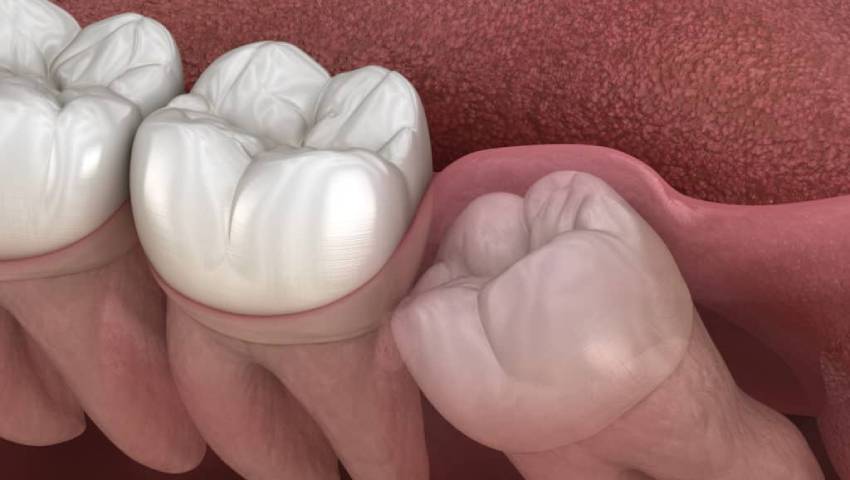
- 11/06/2024
- Goodfaith Healthcare
Understanding Wisdom Teeth and Their Removal
Wisdom teeth, also called third molars, are the last set of teeth to develop. They usually appear between ages 17 and 25. Many people face dental problems like impaction, crowding, and infection because of these teeth. Removing them is a common solution. If you need wisdom teeth removal in Hinjewadi, Dr. Vikas Pakhare at Goodfaith Healthcare can help.
Common Problems with Wisdom Teeth:
- Impaction: This happens when wisdom teeth get stuck under the gum line, causing pain, swelling, and infection.
- Crowding: Wisdom teeth can push against other teeth, causing them to become misaligned, leading to cavities and gum disease.
- Infection: Bacteria can cause a painful gum infection called pericoronitis.
- Cysts and Tumors: Sometimes, these can develop and damage nearby teeth and jawbone.
When Should Wisdom Teeth Be Removed?
- Impacted Teeth: If they stay deep in the gums and can’t erupt normally, they can cause infections or cysts.
- Partial Eruption: Teeth that only partly come out can allow bacteria to enter, leading to infection and cavities.
- Crowding: If there isn’t enough room for them, they can damage other teeth.
Dentists often recommend removing wisdom teeth before they cause problems, especially in young adults between 15 and 22 years old. This is because their jawbones are less dense, making the procedure easier and recovery faster.
Procedure for Wisdom Teeth Removal:
- Anesthesia: You will be given anesthesia to numb your teeth and gums. Sedative drugs may also be provided.
- Incision: If necessary, the dentist will make cuts in your gums to expose the teeth.
- Extraction: The dentist will loosen the teeth and carefully remove them, sometimes in smaller pieces.
- Cleaning: The area will be cleaned to prevent infection.
- Stitches: If needed, the surgical site will be stitched closed.
- Gauze: Gauze will be placed over the sockets to control bleeding.
Before the procedure, your dentist will give you instructions on how to prepare, including any dietary restrictions and medications to avoid. Make sure you arrange for someone to drive you home, as anesthesia can affect your ability to drive.
Recovery and Aftercare:
- Manage Bleeding: Bite gently on the gauze pad to control bleeding and change it as needed.
- Apply Ice: Use an ice pack on your cheek for 20 minutes on and 20 minutes off during the first 24 hours to reduce swelling.
- Pain Management: Take prescribed pain medications or over-the-counter pain relievers like ibuprofen.
- Diet: Eat soft foods and avoid hot, spicy, or crunchy foods. Recommended foods include smoothies, yogurt, mashed potatoes, soup, and scrambled eggs.
- Oral Hygiene: Keep your mouth clean but be careful around the extraction site. Rinse with warm salt water from the day after surgery. Avoid vigorous rinsing or spitting.
Possible Risks:
- Dry Socket: Follow aftercare guidelines to avoid this painful condition.
- Infection: Look out for fever, severe pain, or pus and maintain proper oral hygiene.
- Nerve Damage: Rarely, nerve damage can occur, causing numbness or tingling. Most cases resolve over time, but report any unusual sensations to your dentist.
Benefits of Wisdom Tooth Removal:
- Reduced risk of oral diseases
- Improved oral hygiene
- Enhanced comfort
- Preservation of adjacent teeth
Conclusion:
Removing wisdom teeth can greatly improve your oral health. Understanding why and when to remove them and following proper aftercare can lead to a smooth recovery and a healthy mouth. If you’re having pain or other issues with your wisdom teeth, consult Dr. Vikas Pakhare at Goodfaith Healthcare in Hinjewadi for expert advice and treatment. Don’t wait for complications—take the first step toward a healthier, pain-free smile today.
